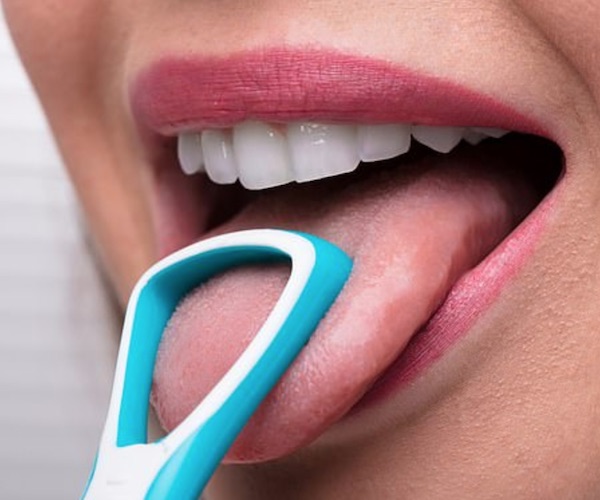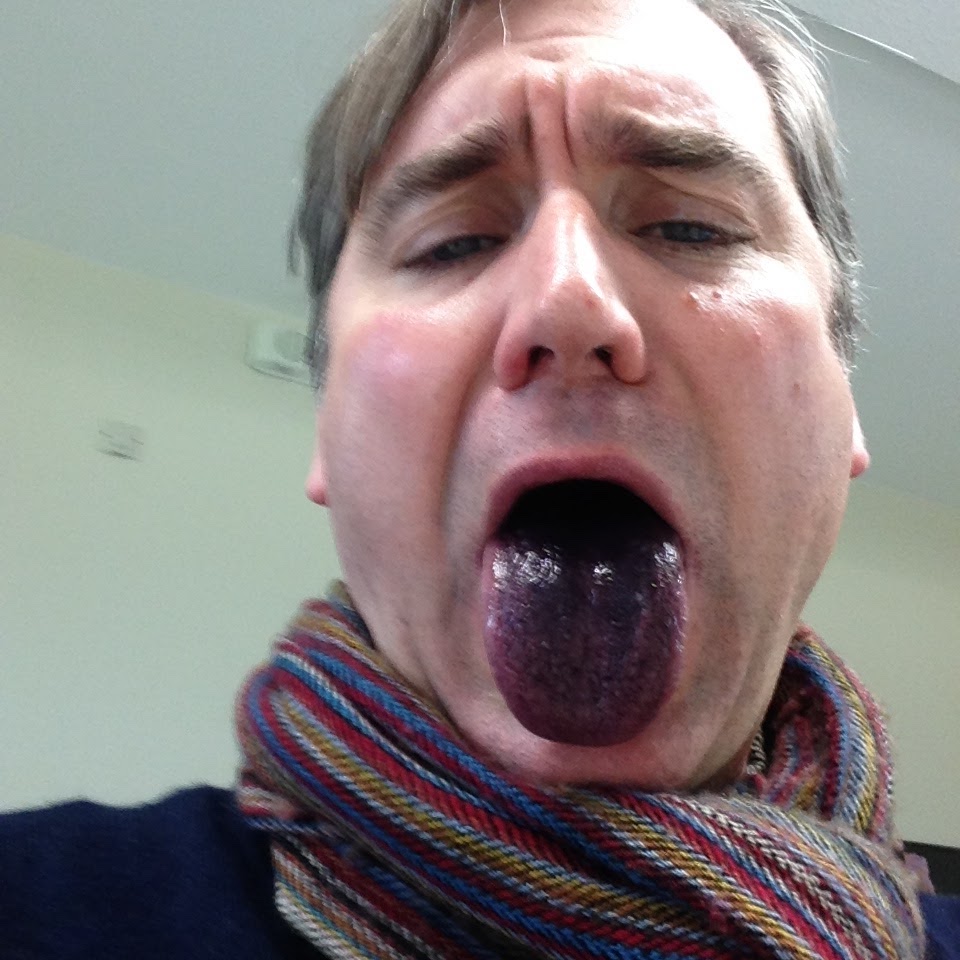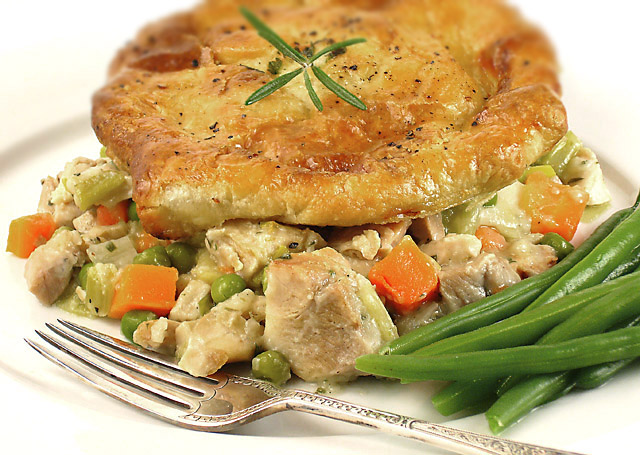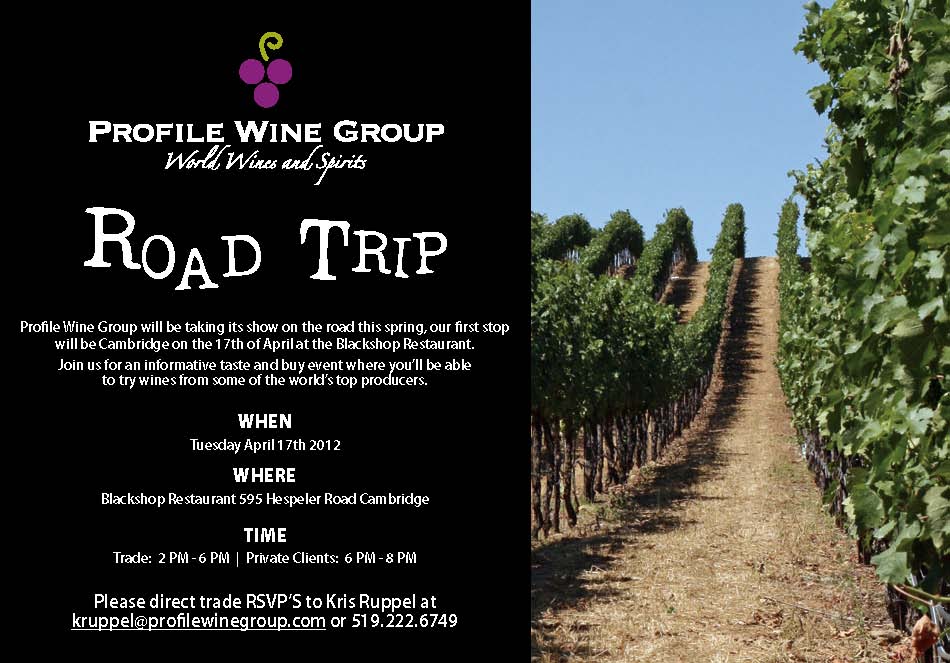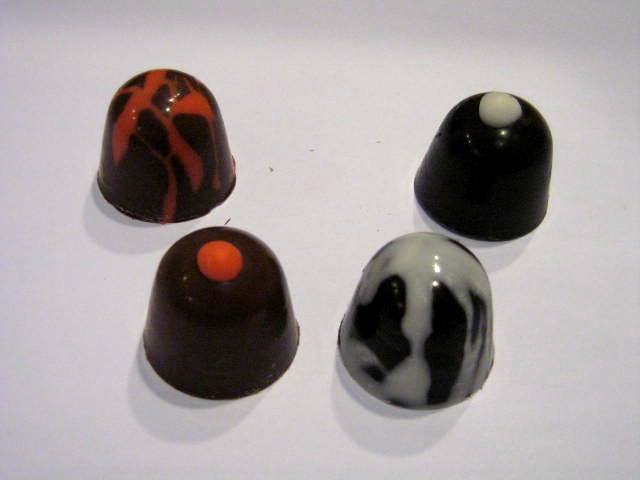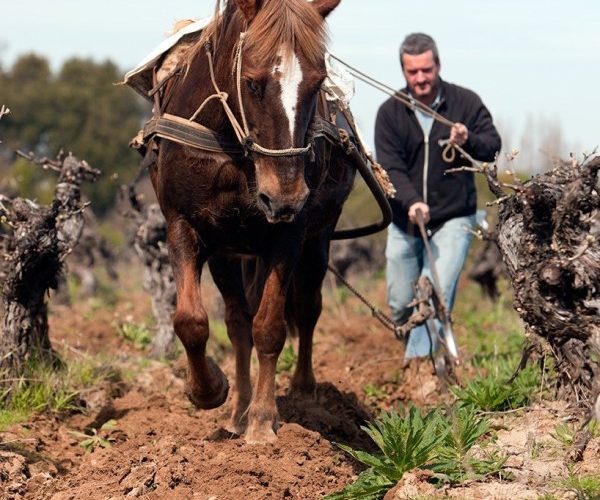Malcolm Jolley loves scraping his tongue…

My tongue scraper did not come in a package featuring Kim Jong-il being chased by pink bathing-suited beauties like the one pictured above, nor is as fancy with a double blade and two-tone handle. It’s a simple single blade plastic device I bought for a few dollars a couple of years ago on a whim at the PAT Korean grocery store on Bloor West. You see, I have a bit of a cat tongue which stains easily from my twin liquid indulgences, coffee and wine, and particularly the latter. Such is my affliction that I don’t just brush my teeth, I also brush my tongue. Or, I used to before I got into scraping. Scraping is a whole other level of lingual hygene and after a big day of tasting or long evening’s dinner, there is a great amount of satisfaction to be had by scraping my tongue over the sink from black back to pink.
Wine people throw around a lot of chemistry terms. I suspect most of them, like me, don’t entirely understand the deep science behind them. This is largely because we don’t really need to, we just need to know enough to have a basic understanding of why a wine tastes or feels in the mouth a certain way. In this glorious tradition, I will clumsily describe why some red wines, especially big tannic ones are better at turning my tongue black than others. As an aside, the blackest my tongue has ever been was on a trip to the Southwestern French wine region of Cahors, where I tasted more than a hundred wines a day. Since the Middle Ages the Malbec (or Côt) wines from around the ancient market town were known as ‘The Black Wines of Cahors’. In fact, among the group of Canadian journalists I went there with, we had a competition at the end of each day to see whose tongue was the blackest. We all could have benefited, I think, from a tongue scraper. The reason the wines of Cahor are black and so good at blackening is their strain of Malbec is particularly high in anthocyanins. Don’t ask me about the molecular structure of anthocyanins, I am an English major and I could barely read through the entry on them in Oxford Companion to Wine. I do know, in any event, that they are “members of a complex group of natural phenolic glycosides… responsible for the colour of black and red grapes”. Right? They are also related to ‘pigmented tannins’, or are the thing in them that pigment the tannins. I guess? Anyway, it seems the pigments and the tannins work together in an unholy alliance on my tongue. The tannins, from thick grape skins or what have you, dry out the inside of my mouth so that the anthocyanins can make themselves at home and settle on my tongue without slipping off into saliva. And that’s my science lesson on red wine mouth for today.
There is, as far as I can determine, no particular health benefit to scraping my tongue. If you Google tongue scrapers, you’ll see they’re marketed as a cure for bad breath. I suppose that if something that gave you bad breath had made a home on your tongue, scraping your tongue would get rid of it, though I’m not sure how that works. I really just scrape my tongue for aesthetic reasons. And for fun.

